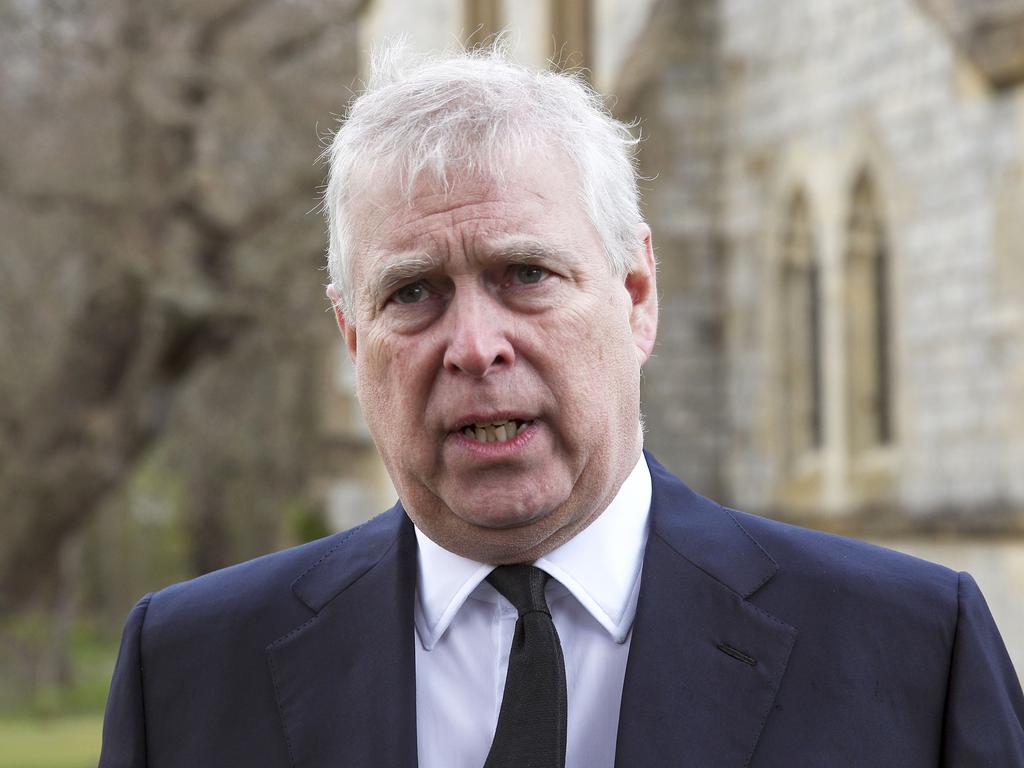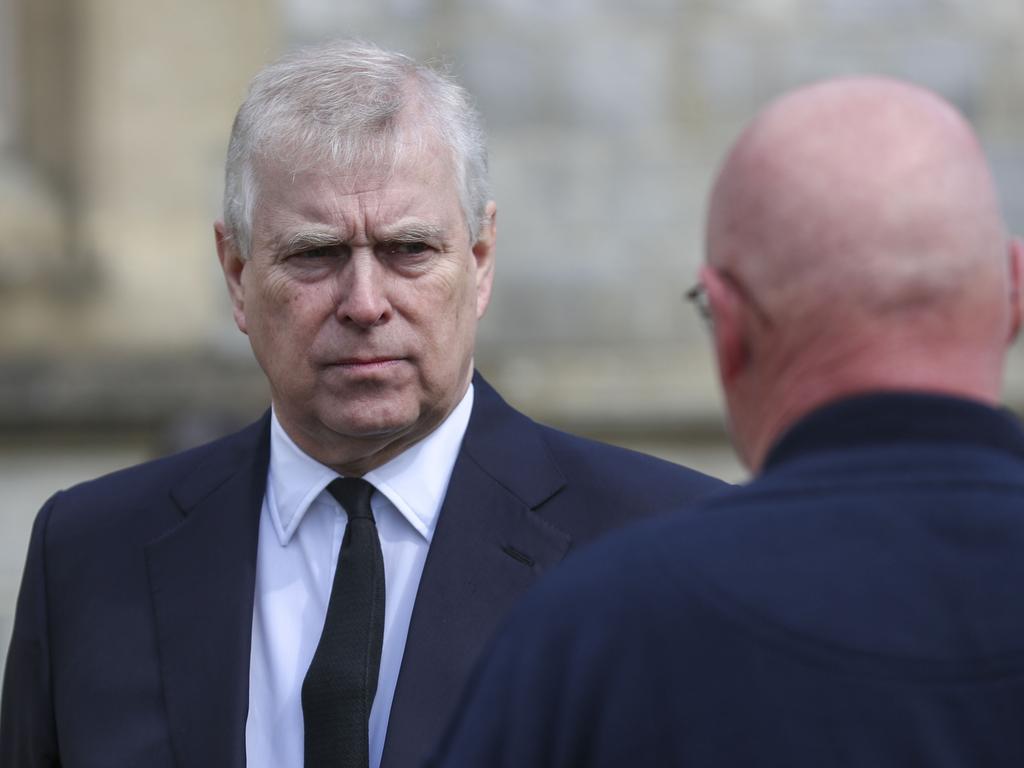Andrew with Queen as rape case summons lands at his door
Prince was at Balmoral after Virginia Giuffre launched lawsuit claiming she was ‘lent out’ for underage sex by Jeffrey Epstein.
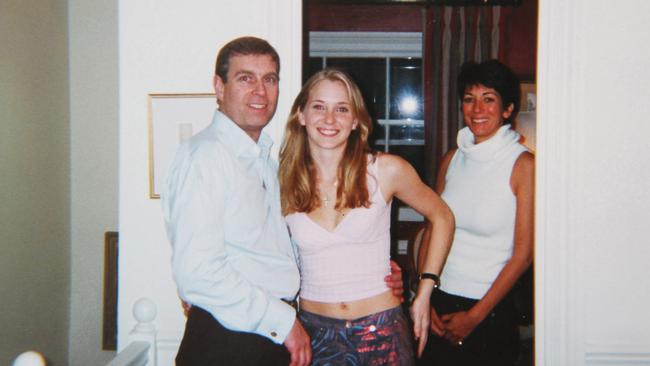
The Duke of York was at Balmoral with the Queen last night after a lawsuit accused him of “rape in the first degree”.
The 61-year-old duke left for Scotland with his ex-wife Sarah Ferguson hours before a US summons was sent to his Windsor home.
Virginia Giuffre, who was known as Virginia Roberts, has filed a civil suit seeking unspecified damages at a federal court in New York, where the documents claim that she was “lent out for sexual purposes” by Jeffrey Epstein, the convicted sex offender, while she was a minor under US law.
However, the duke may not have to pay Giuffre damages even if she wins her legal action against him for alleged sexual assault when she was a teenager.
Her lawyers say that the duke’s legal team failed to respond to a request to discuss negotiations over a possible settlement.
The duke has always denied having sex with Giuffre.
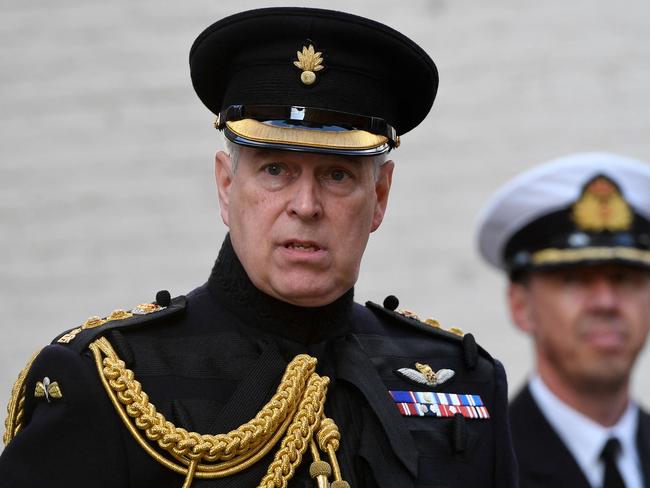
It is alleged in the documents that Giuffre was sexually abused while younger than 18 by the duke at Ghislaine Maxwell’s home in London, at Epstein’s New York house, his private Caribbean island and elsewhere.
In the lawsuit, Giuffre’s lawyers said: “Prince Andrew’s sexual abuse of a child who he knew was a sex-trafficking victim, and when he was approximately 40 years old, goes beyond all possible bounds of decency and is intolerable in a civilized community”.
It has emerged that if the duke refuses to have anything to do with the New York action, it might not be enforced in England. A civil judgment in the US would normally be enforced in England by applying to the High Court.
Richard Marshall, of the law firm Penningtons Manches Cooper, said: “Whether a US judgment can be enforced is determined as a matter of English common law.”
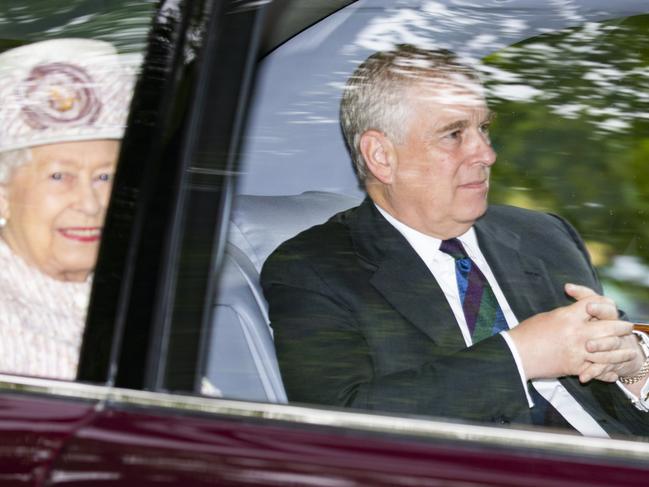
The rules by Albert Dicey, the 19th-century jurist, set out that a judgment of a foreign court would not be enforceable in England, unless either the defendant was present in the US when the proceedings were instituted or it submitted to the jurisdiction of the foreign court. Submission would have to be by voluntarily appearing in the proceedings, such as filing a defence, or by prior contractual agreement.
The US federal judge can send a letter of request to the senior master at the High Court in London seeking information that may assist the lawsuit.
That would be governed by English disclosure rules rather than the wider “discovery” applied in the US.
David Boies, Giuffre’s lawyer, told Channel 4 News yesterday that his client was seeking vindication for her and “all the other young women”.
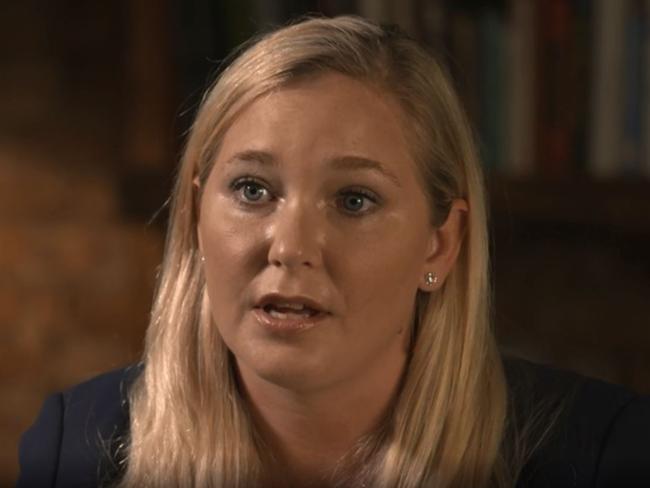
He added: “Her hope is that calling rich and powerful abusers to account will have some effect on reducing the chance that other young girls will suffer what she suffered.”
Bradley Simon, with the Windels Marx firm, said that lawyers for Giuffre would want the prince to answer questions under oath at some point.
If a deposition were completed in person it could be done in an office. Simon said that if the case went ahead without a settlement “at some point he would have to appear for trial”. Asked if he could ignore the proceedings, he said: “I don’t think he will ignore it. Having a prince with a default judgment is something that the palace would consider terrible.”
Arick Fudali, a partner in The Bloom Firm, which has represented nine of Epstein’s victims, said there was a “small chance” the claim would go to court. There was a likelihood that Giuffre would win if it did, he said. He told BBC Radio 4’s Today program: “I would be confident if I was the plaintiff going in front of a jury.”
Q&A
Why is this happening now?
The lawsuit was filed under the New York Child Victims Act, signed into law in 2019 by Andrew Cuomo, who resigned as governor yesterday over sexual harassment allegations. The act allows survivors of childhood sexual abuse to file a case that has already expired, but only until August 14.
Can Andrew be extradited?
No – it is a civil, not criminal, case.
Can he ignore it?
If he fails to file a defence, the court will rule against him and Virginia Giuffre’s lawyers would apply to the High Court to enforce the judgment. Some specialists argue that if he refuses to have anything to do with the court action in the US, it cannot be enforced in the UK.
What are Andrew’s other options?
He can defend the case – which would be expensive, and runs the risk of the ruling going against him – or try to reach a settlement. Giuffre has applied for “punitive damages”.
If he settles, he would have to pay her a significant sum, without any admission of guilt. The public may, however, conclude that he only agreed to pay her because there was an implicit admission of guilt.
The Times


